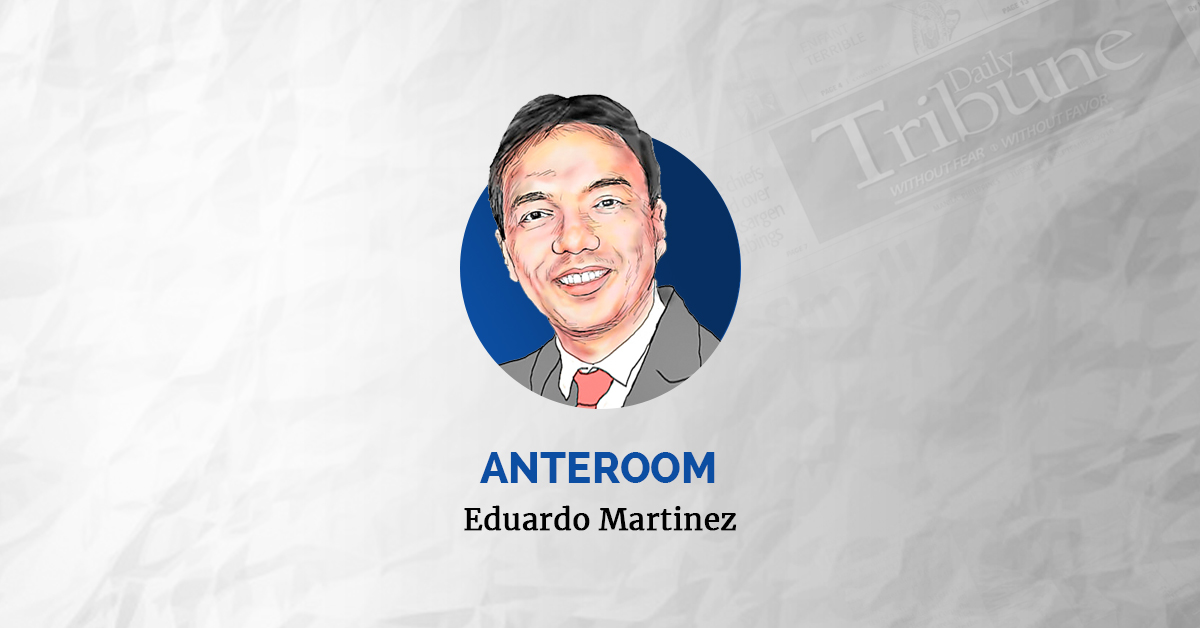As I have often written, court proceedings are governed by rules. These rules are put in place to ensure an orderly procedure. They must be observed. If not, the court can overrule the erring party.
During the trial, certain objections can be raised. Objections can be made to the testimony itself of the witness or to questions asked of him. Objections can also be made to documents presented thereby making them inadmissible in evidence.
But inasmuch as these protestations can be done, they must be raised at specific points in time. They cannot just be brought up at any time.
Let us take this case of a husband and wife. The husband filed a petition to fix the rights of a father pendente lite against his wife. This was caused by the fact that the wife left the conjugal home together with their two children.
The wife suspected that her husband was molesting their children. During the trial, the husband presented an expert witness who testified on the mental fitness of the husband as a father to exercise parental authority over the minor children.
Prior to her testimony, her qualifications as an expert witness were established.
Thereafter she testified that she came up with a psychological evaluation of the husband, applying clinical hypnosis, phenomenological-existential study, and historical-contextual approach.
Based on such methodology, the witness opined that the father could not have molested their children.
Rather the reason for their children’s development of sexual hyperactivity was due to some other experience.
When it was time for the expert witness’ cross-examination, the wife, through her counsel, moved to strike out her testimony on the ground that her expertise was not established and that evidence derived from hypnotically-induced recollection is inadmissible.
The trial court denied such a motion. The counsel then proceeded to cross-examine the witness, subject to a continuing objection to her qualification.
Subsequently, said counsel filed a motion to expunge the expert’s testimony. It reiterated doubts about her expertise and further asked to suppress the psychological evaluation on the ground of the inadmissibility of the methodology used.
The trial court denied both motions to strike out and to suppress the report.
The court opined that there already was a waiver on the objection of the oral testimony. As regards the suppression of the report, it was still premature to do so since the report had not yet been formally offered to the court.
Being turned down by the trial court, the wife elevated the matter to the Court of Appeals.
The appellate court however did not sustain her argument. It ruled that the trial court committed no grave abuse in issuing its assailed orders. Having no other recourse, she pleaded to the Highest Court to hear and grant her arguments.
The Supreme Court decreed. “No error can be ascribed on the part of the CA when it affirmed the RTC in denying petitioner’s (a) Motion to Expunge the testimony of the expert witness for failure to timely question her qualifications and her (b) Motion to Suppress psychological report containing hypnotically-induced evidence as the said motion is premature.
To exclude evidence, the objection to admissibility of evidence must be made at the proper time, and the grounds specified. Grounds for objection not raised at the proper time shall be considered waived, even if evidence was objected to on some other ground.
Thus, even on appeal, the appellate court may not consider any other ground of objection, except those that were raised at the proper time. Thus, it is basic in the rule of evidence that an objection to evidence must be made after the evidence is formally offered. … In other words, objection to oral evidence must be raised at the earliest possible time, that is after the objectionable question is asked or after the answer is given if the objectionable issue becomes apparent only after the answer was given. In the case of documentary evidence, an offer is made after all the witnesses of the party making the offer have testified, specifying the purpose for which the evidence is being offered. It is only at this time, and not at any other, that objection to the documentary evidence may be made.
As correctly found by the CA, the objections interposed by the petitioner- as to both oral and documentary evidence – were not timely made. … Petitioner should have objected during the course of Gates’ direct testimony on her qualifications as an expert witness and explaining the mechanics of the psychological examination which she conducted on the respondent. Petitioner should not have waited in an ambush after the expert witness had already finished testifying. … And thus, for her failure to make known her objection at the proper time, the procedural error or defect was waived. … Objections to documentary evidence should likewise be timely raised. True, the petitioner acted prematurely when it objected to the psychological report at the time when it is still being identified. Objection to documentary evidence must be made at the time it is formally offered, not earlier. Because at that time the purpose of the offer has already been disclosed and ascertained. “
The facts and quoted salient portion of the decision are from Ma. Melissa Villanueva Magsino v. Roland N. Magsino (G.R. No. 205333 promulgated on 18 February 2019).
